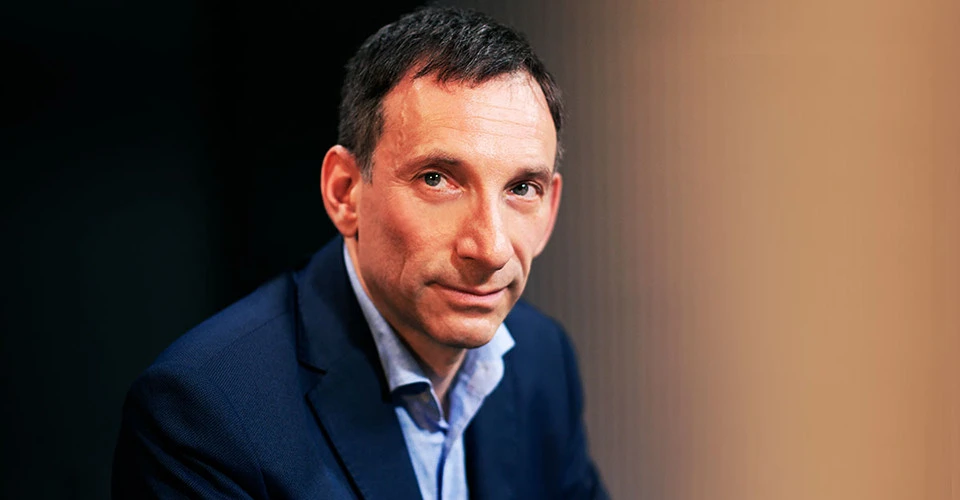
Zelenskyy-Trump: Analysis
Volodymyr Zelenskyy has spoken with Donald Trump. The fact that the president of Ukraine had a conversation with the former president of the United States is unprecedented, especially during America's fierce election campaign
Not many current heads of state communicate with the former American president. Consider the contacts of Hungary's Prime Minister, Viktor Orbán, and Poland's President, Andrzej Duda.
However, it's evident that the developments in the Russian-Ukrainian will hinge on Donald Trump’s influence. This is true not only if Trump is elected the new American president but also given the control he exerts over the Republican Party.
It's worth noting that Donald Trump and his supporters effectively blocked aid to Ukraine in Congress, leading to tragic events on the Russian-Ukrainian front line, such as the loss of Avdiivka.
Thus, the dialogue with Donald Trump, even if currently just protocol, is crucial for understanding the future developments in Russia's war with Ukraine. Especially since, as it appears, Volodymyr Zelenskyy plans to continue this dialogue and hopes for a personal meeting with the former American president.
As understood from the conversation, Donald Trump's stance on Russia's war against Ukraine remains unchanged. He still hopes to bring both parties to the negotiating table, a point he has reiterated when discussing the conflict. Trump offers no clear plan on how he intends to achieve this, even if he returns to the White House. This may be because he has no concrete idea, but rather a fantastical vision shared by him and his supporters.
It's important to note that Trump's perception of the global political landscape and his approach to influencing Russia is not significantly different from that of some Ukrainian citizens who, in 2019, believed that an agreement with Russian leader Vladimir Putin was possible. So why should Trump be blamed for such bold political incompetence? Especially since he is on a different continent and, as we see, is not well-versed in foreign policy.
Overall, we observe how Trump could pressure Volodymyr Zelenskyy into any dialogue. The Ukrainian president is responsible for his country's state and military. Ukraine relies on U.S. military and political support. However, as U.S. Secretary of State Antony Blinken highlighted at the Aspen Institute conference, Ukraine can withstand even if Trump's America cuts off military and financial aid. This support would then rely on European nations and other civilized countries, understanding the importance of opposing dictatorships while Trump's America seeks compromises with these regimes.
But, of course, having American help is better than going without it. Over these months, we have come to clearly understand this, especially when the American Congress, under the blockade by the Republicans and their leader, who is currently running for President, did everything possible to delay the procedure for Ukraine and other U.S. allies to obtain American aid.
The key question of this war remains unaddressed in the Trump-Zelenskyy conversation: what can Donald Trump offer Vladimir Putin?
We already know Trump's formula, suggested by his advisers: deny aid to Ukraine unless Ukraine agrees to negotiate with Russia. However, if Russia refuses to negotiate, Ukraine will be armed with far more weapons than before. They see this as the recipe for negotiations between Moscow and Kyiv and an end to the war.
However, it seems neither Trump nor his advisers can answer what happens if Putin isn’t afraid of Ukrainian weapons and continues the war with China's support. It's clear that China would be much more interested in weakening Trump’s America than Biden’s. President Xi Jinping knows that for Trump, the Chinese threat is a far greater existential issue than it is for Biden. Thus, weakening America to prevent the deployment of its forces in the Asia-Pacific region would be a key political goal for China.
And here, surprisingly, Donald Trump's victory suits Vladimir Putin because it will spur new strategic ties between Russia and China, potentially leading Beijing to openly support Moscow.
What will Donald Trump do in this situation? We already know the answer. He will arm Ukraine. In this scenario, a simple truth emerges. It doesn’t matter what the former American president says now or what advice he gets from aspiring advisers. Just as Ukrainians in 2019, who hoped for an agreement with Putin, were bound to an alliance with the West and a war with Russia due to their electoral choice, Americans will face a fierce confrontation with Russia and China because of theirs.
Trump's fight with China strengthens the Russia-China alliance, leading Putin to be prepared to fight on the Ukrainian front, irrespective of any White House proposals.
Thus, we arrive at the current configuration: a confrontation between democracy and dictatorships, even if Donald Trump and his supporters prefer to avoid it.
In my view, this confrontation will be more intense and serious than it was under Biden. The risk of a third world war, with Trump, Xi Jinping, and Putin meeting not at a summit but on the battlefield, is much more real than it seems to those planning to vote Republican in November 2024. However, Trump's voters will only realize this after the elections, assuming their chosen candidate wins and returns to the White House. Or, as you might say, to the war room.
About the author. Vitaly Portnikov, journalist, Shevchenko National Prize laureate
The editors do not always share the opinions expressed by the blog authors.
- News












































